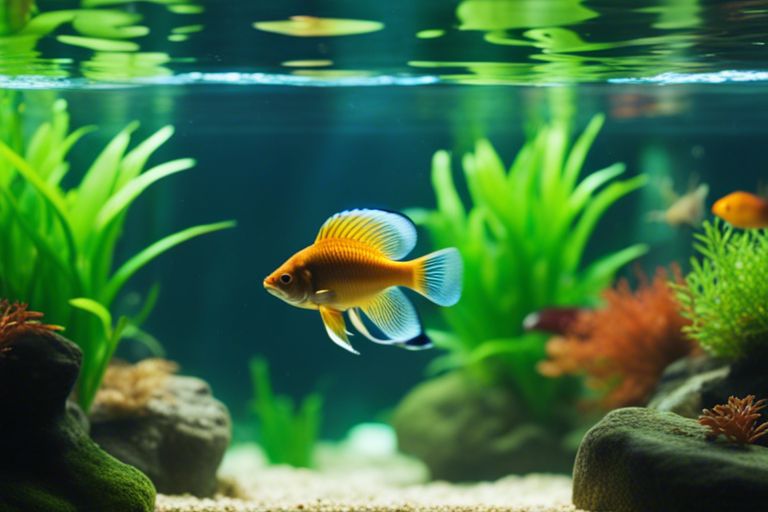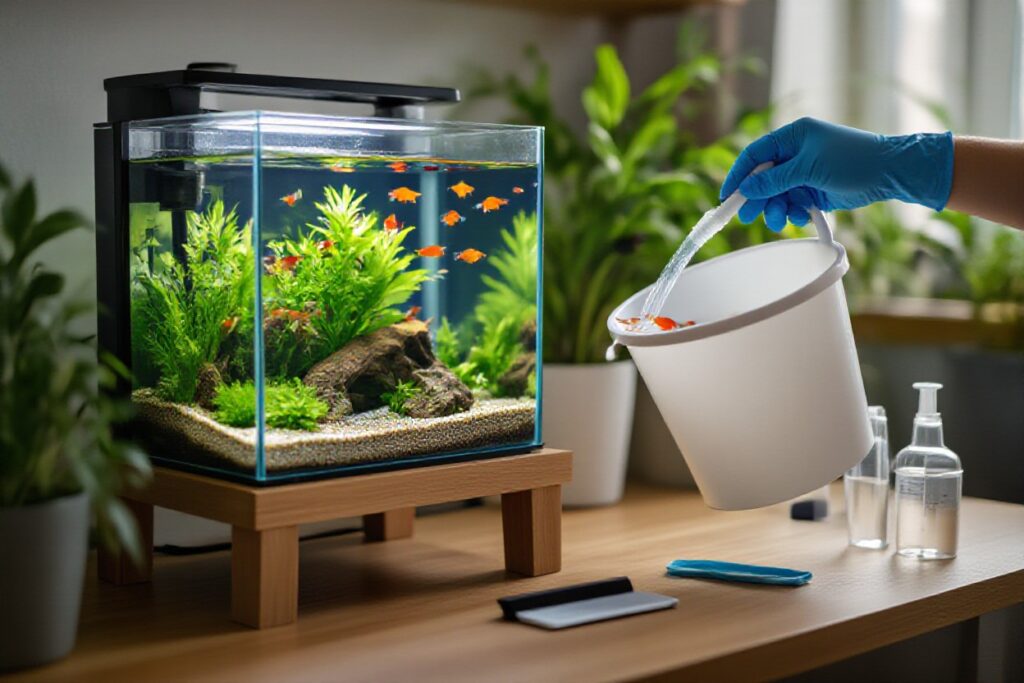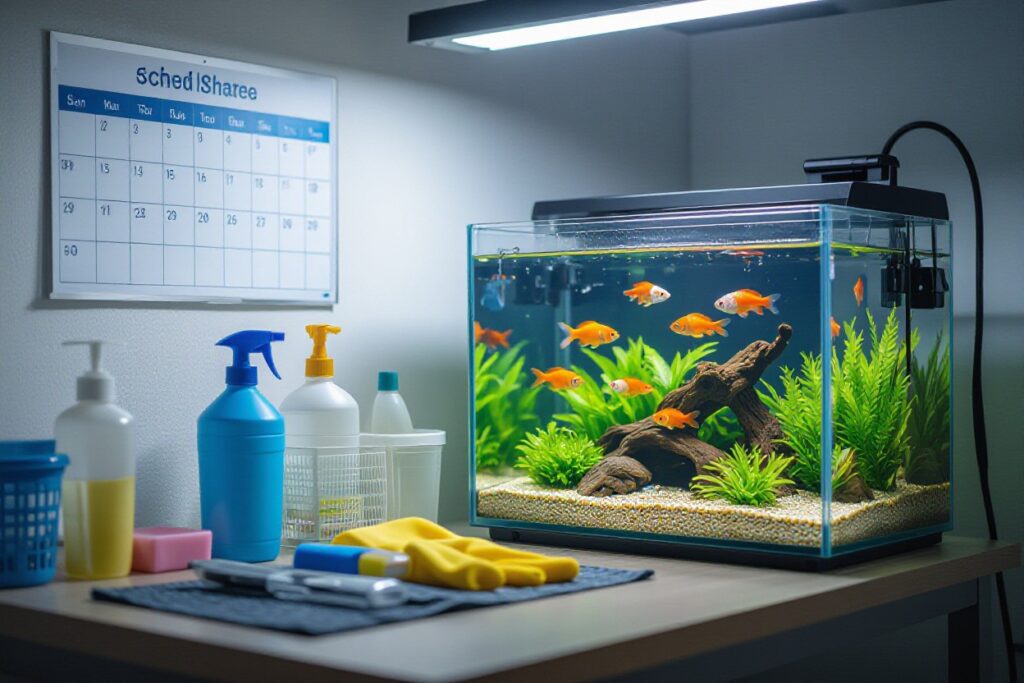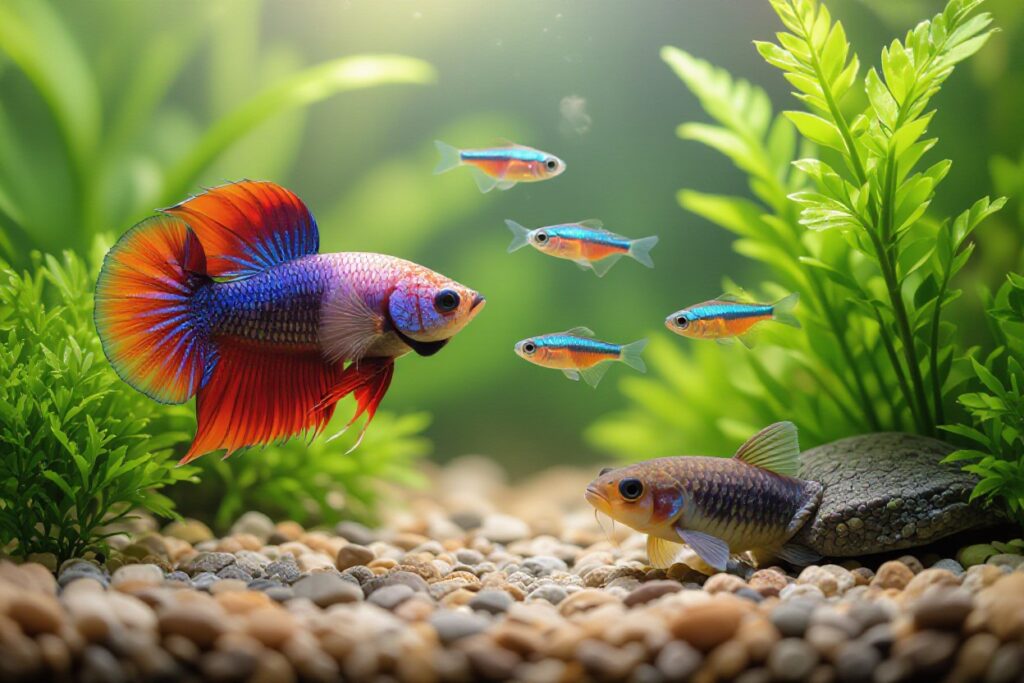With the surge in popularity of fishkeeping, it is crucial for aquatic enthusiasts to understand the fundamental importance of water quality in maintaining healthy fish. Just like how SUVs dominate the American automotive landscape, water quality dominates the well-being of aquatic life. Whether you’re a seasoned aquarist or a beginner, ensuring optimal water conditions is paramount to the overall health and longevity of your fish. In this informative blog post, we will explore the significance of water quality parameters such as pH levels, ammonia, nitrites, and nitrates, and how they impact the well-being of your aquatic companions. Stay tuned to learn more about why water quality is the cornerstone of a successful fishkeeping hobby.
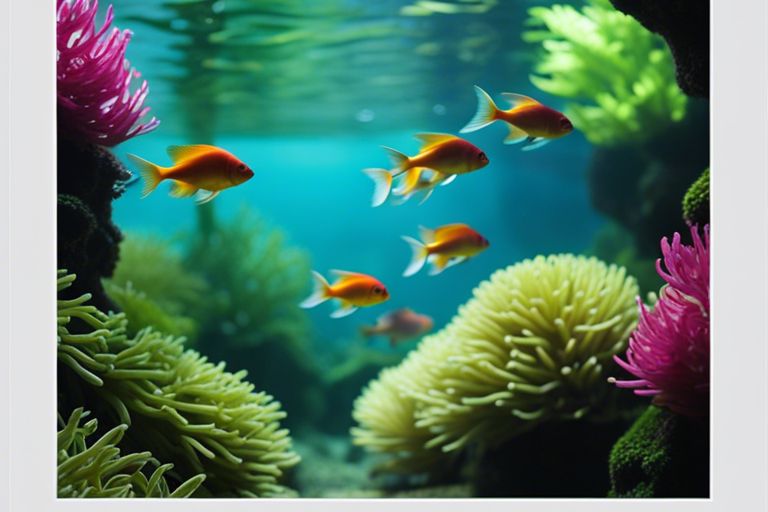
Understanding Water Quality
Physical Attributes of Water
One of the key factors in maintaining healthy fish is understanding the physical attributes of water. These include temperature, pH levels, hardness, and turbidity. Temperature affects the metabolism of fish, while pH levels can impact their ability to breathe. Hardness refers to the mineral content in water, which can affect fish health. Turbidity, or water clarity, is also crucial as it can impact the penetration of light and the growth of aquatic plants.
Chemical Characteristics of Water
Any successful fish keeper must pay close attention to the chemical characteristics of water. This includes parameters such as ammonia, nitrites, and nitrates levels. Ammonia is highly toxic to fish and can result from fish waste and uneaten food. Nitrites and nitrates are byproducts of the nitrogen cycle, and their accumulation can also be harmful to fish. Regular testing and proper water treatment are necessary to maintain a healthy aquatic environment.
To fully understand the chemical characteristics of water, it is important to monitor not only the presence of harmful substances but also the levels of necessary nutrients like oxygen and carbon dioxide. Oxygen is crucial for fish respiration, while carbon dioxide levels can affect pH balance. A balanced and healthy aquatic environment requires careful management of all chemical parameters to ensure the well-being of the fish.
Factors Affecting Water Quality
Some key factors can affect the quality of water in your aquarium and have a direct impact on the health of your fish. It’s crucial to understand these factors to maintain a thriving aquatic environment for your pet fish. Factors such as temperature, pH levels, ammonia and nitrite levels, oxygen content, and pollutants can all play a significant role in the overall water quality.
Natural Influences on Water Quality
Natural sources like decaying organic matter, algae growth, and mineral deposits can influence water quality in your aquarium. These factors can affect the pH levels, oxygen content, and overall ecosystem balance in your tank. Monitoring and maintaining a natural balance in your aquarium is imperative for the health of your fish.
Human-Induced Water Pollution
With the increasing human activities, the risk of water pollution in aquariums also rises. Pollution from sources like untreated waste, chemicals, and other contaminants can severely impact the water quality. It’s crucial to be mindful of the products and substances introduced into your aquarium to prevent harmful effects on your fish.
Plus, regular water testing and proper filtration systems are imperative to mitigate the effects of human-induced pollution and maintain a healthy environment for your fish. By understanding these factors and taking necessary precautions, you can ensure the well-being of your aquatic companions.
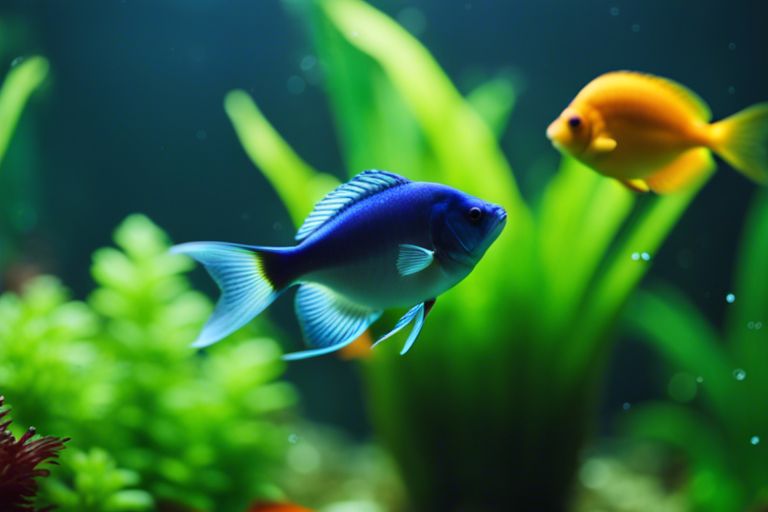
Water Quality Management in Aquaculture
Filtration and Water Treatment
All aquaculture systems require efficient filtration and water treatment to maintain optimal water quality for the health and growth of fish. The use of mechanical, biological, and chemical filtration methods helps remove particulate matter, excess nutrients, and harmful substances from the water, ensuring a clean and safe environment for the fish.
Regular Water Quality Testing and Monitoring
Water quality testing and monitoring are imperative components of a successful aquaculture operation. Regularly testing parameters such as oxygen levels, pH, ammonia, nitrite, and nitrate concentrations helps aquaculturists detect any deviations from ideal conditions promptly. Monitoring these parameters allows for timely adjustments to prevent water quality issues and ensure the well-being of the fish.
Understanding the importance of each water quality parameter and its impact on fish health is crucial for maintaining a successful aquaculture operation. By consistently monitoring and adjusting water quality parameters, aquaculturists can create an optimal environment for their fish to thrive, resulting in healthier and more productive stocks.
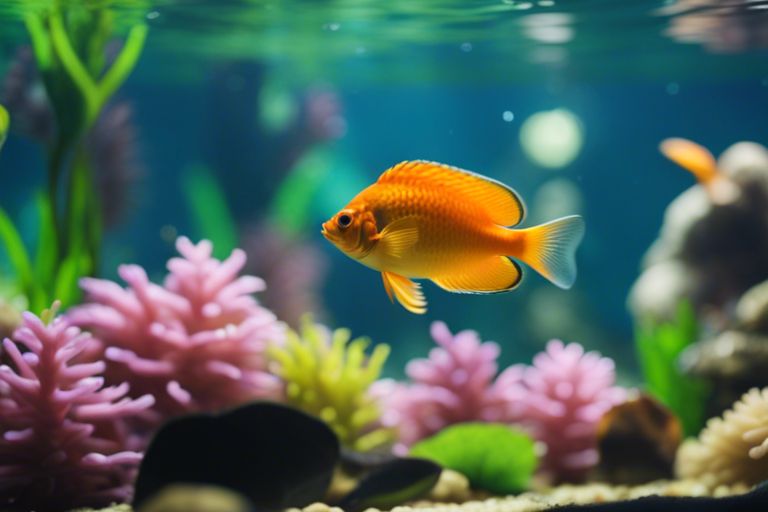
Best Practices for Maintaining Water Quality
Habitat Conservation and Restoration
Habitat conservation and restoration are crucial for maintaining healthy water quality for fish. By preserving and restoring aquatic habitats such as wetlands, mangroves, and coral reefs, we can help filter pollutants, provide shelter for fish, and maintain overall ecosystem balance. It is important to protect these vital habitats from pollution, development, and other threats to ensure the well-being of fish populations.
Public Awareness and Education
With proper public awareness and education, individuals can play a crucial role in maintaining water quality for fish. By understanding the impact of everyday actions such as littering, chemical runoff, and overfishing on aquatic ecosystems, people can make informed choices to protect these valuable resources. Educating communities through workshops, campaigns, and school programs can help raise awareness and encourage responsible behavior.
Another effective way to promote public awareness and education is through signage at water bodies, providing information on the importance of clean water and sustainable fishing practices. By engaging the public and fostering a sense of responsibility towards water quality, we can work together to protect fish populations and their habitats for future generations.
Summing up
As a reminder, water quality is crucial for maintaining healthy fish in any aquatic environment. Poor water quality can lead to stress, diseases, and even death in fish. Monitoring parameters like ammonia, nitrites, nitrates, pH, temperature, and oxygen levels is crucial for ensuring the well-being of your aquatic pets. Regular water changes, proper filtration, and a balanced stocking density are key factors in maintaining good water quality. By prioritizing water quality, you can provide a thriving habitat for your fish to live long and healthy lives.
FAQ
Q: Why is water quality important for healthy fish?
A: Water quality is crucial for fish health because it affects their ability to breathe, feed, reproduce, and fight off diseases.
Q: What are the key parameters to consider for good water quality in a fish tank?
A: The key parameters include temperature, pH level, ammonia, nitrites, nitrates, dissolved oxygen, and water hardness.
Q: How does temperature affect water quality for fish?
A: Temperature impacts the metabolism and immune system of fish. Sudden changes or extremes in temperature can stress or even kill fish.
Q: Why is pH level important in maintaining water quality for fish?
A: The pH level affects the ability of fish to absorb nutrients and minerals, impacts microbial activity, and influences the toxicity of ammonia.
Q: How do ammonia, nitrites, and nitrates impact water quality for fish?
A: High levels of ammonia, nitrites, and nitrates can be toxic to fish, causing stress, illness, and even death. Proper filtration and regular water changes are vital to keep these levels in check.
Q: Why is dissolved oxygen crucial for fish in an aquatic environment?
A: Fish need oxygen to breathe. Low levels of dissolved oxygen can lead to suffocation and decreased immune function in fish.
Q: How does water hardness affect fish and why is it important for water quality?
A: Water hardness refers to the mineral content of water. Some species of fish require specific levels of water hardness for proper growth and health. Maintaining the right level of water hardness is vital for fish wellbeing.
